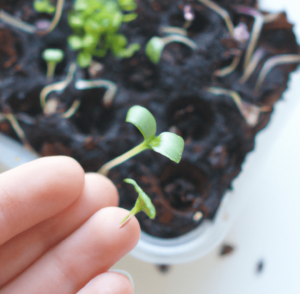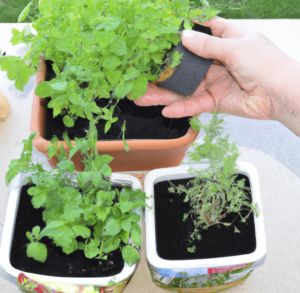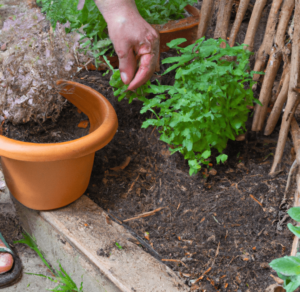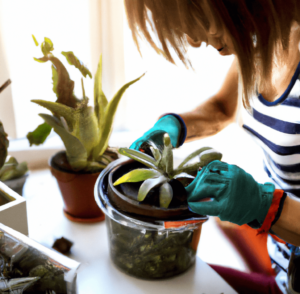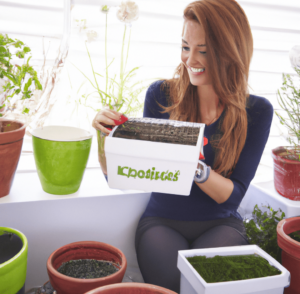Garden is a popular hobby that has been enjoyed by people all over the world for centuries. It involves the cultivation and care of plants, flowers, and vegetables in a garden setting. Gardening can be a relaxing and enjoyable activity that brings people closer to nature and allows them to exercise their creativity and green thumbs. But beyond just being a leisure activity, gardening also serves several important purposes that benefit both the individual and the environment.
Gardens are often seen as a source of beauty and a way to add visual interest to a space. From colorful flowers to lush green plants, gardens can be a stunning addition to any home or public area. But gardens also have practical purposes beyond just aesthetics. Growing vegetables and herbs in a home garden can provide a healthy and cost-effective source of produce for individuals and families. Additionally, gardening can provide an opportunity for people to engage in physical activity and improve their overall health and well-being.
Gardening can also have a positive impact on the environment. Planting and caring for gardens can help to improve air quality and promote biodiversity by providing a habitat for various species of insects and animals. Gardens can also help to reduce erosion and manage stormwater runoff, making them an important tool for preserving and protecting natural resources.
In short, the purpose of gardening is multifaceted and can include both personal and environmental benefits. Whether it’s for the enjoyment of cultivating and caring for plants, or for the practical purpose of growing healthy produce and contributing to the environment, gardening is a rewarding and fulfilling activity that serves a variety of important purposes.
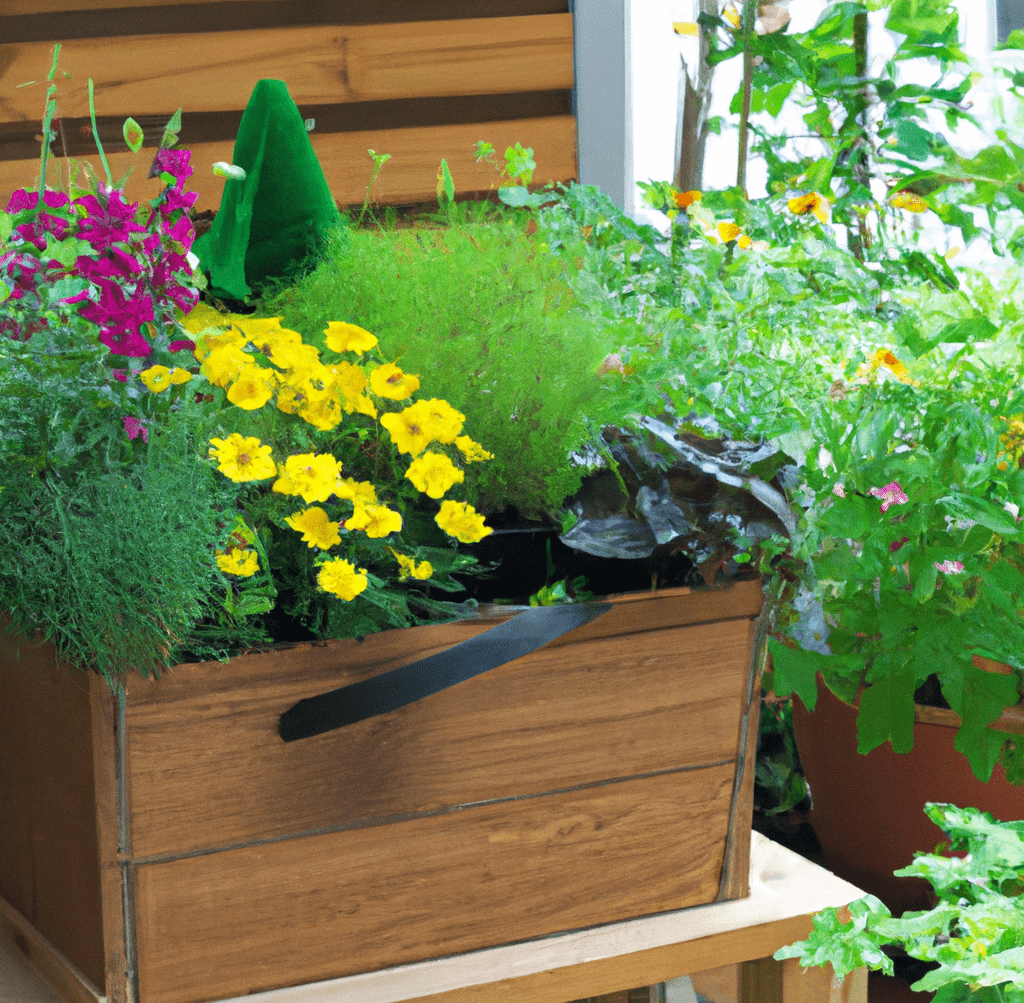
Gardening Purpose related to Health Benefits
One of the main purposes of gardening has long been recognized as a healthy and beneficial activity, both for the individual and the environment. A growing body of research has shown that spending time in gardens and engaging in gardening activities can have numerous positive effects on physical and mental health.
One of the primary health benefits of gardening is the opportunity it provides for physical activity. Gardening involves a range of activities such as digging, planting, watering, and pruning, which can all provide a moderate level of exercise. In fact, several studies have shown that gardening can be an effective form of exercise for people of all ages, providing a number of health benefits such as improved strength, flexibility, and cardiovascular endurance.
Gardening has also been shown to have a positive effect on mental health. Studies have found that spending time in gardens or engaging in gardening activities can reduce stress and improve mood. This may be due in part to the natural setting of gardens, which can provide a sense of calm and relaxation. Additionally, the act of gardening itself can be therapeutic, as it allows people to engage in a meaningful and fulfilling activity that can promote a sense of accomplishment and satisfaction.
In addition to the personal health benefits of gardening, there is also evidence to suggest that gardens can have a positive impact on the environment and the health of the community. For example, gardens can help to improve air quality by increasing the number of plants and trees in an area, which can absorb carbon dioxide and other pollutants. Gardens can also provide a habitat for various species of insects and animals, promoting biodiversity and supporting the ecosystem.
Overall, the health benefits of gardening are numerous and varied. From providing a source of physical activity to promoting mental well-being and supporting the environment, gardening is a healthy and rewarding activity that serves a variety of important purposes.
Gardening Purpose related to Environmental Benefits
In addition to the personal health benefits of gardening, one of the main purposes of gardening are numerous environmental benefits to be gained from cultivating and caring for plants. Gardening can have a positive impact on both the local community and the larger environment, making it a valuable activity for individuals, families, schools, and communities.
One of the primary environmental benefits of gardening is the opportunity it provides for improving air quality. Plants and trees absorb carbon dioxide and other pollutants, helping to improve the air that we breathe. Additionally, gardens can help to reduce erosion and manage stormwater runoff, which can have a positive impact on local water resources.
Gardens can also contribute to biodiversity by providing a habitat for various species of insects, birds, and other animals. This can help to support the ecosystem and promote the health of the local community.
In addition to these environmental benefits, gardening can also be a powerful tool for education and community building. Many schools and community organizations have established gardens as a way to teach children about the environment and the importance of sustainability. Gardening can also provide an opportunity for people to come together and work towards a common goal, fostering a sense of community and connection.
Overall, the environmental benefits of gardening are numerous and varied. From improving air quality and supporting biodiversity, to promoting education and community building, gardening is a valuable activity that serves a variety of important purposes.
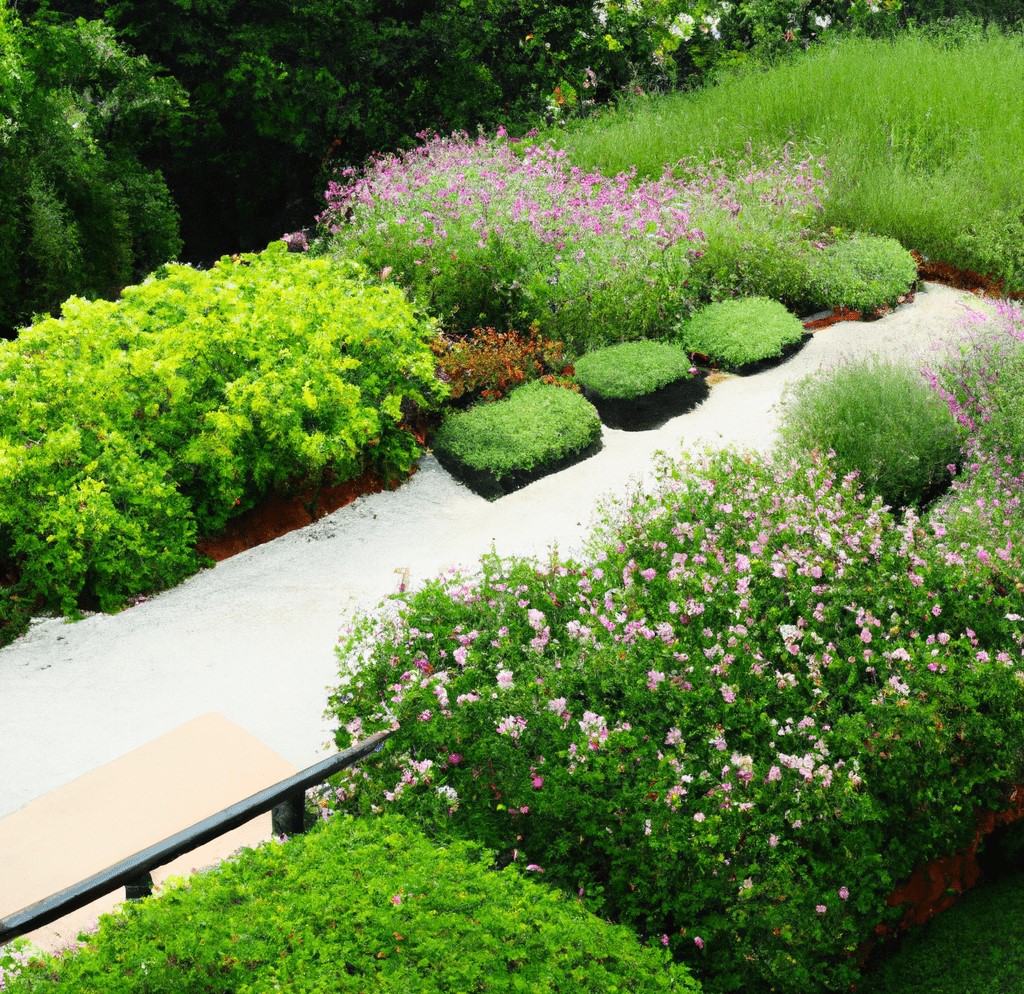
Gardening Purpose related to Community Benefits
Gardening is not just an activity that benefits individuals and the environment, but it can also have a positive impact on communities. From small neighborhoods to larger cities, gardens can be an important part of community life and can provide a variety of social and environmental benefits.
One of the primary community benefits of gardening is the opportunity it provides for social interaction and connection. Gardens can be a place where people come together to work, share knowledge and skills, and enjoy the company of others. This can be especially important in urban areas, where people may not have as much access to green spaces or opportunities for outdoor recreation.
Gardens can also be a source of beauty and a way to add visual interest to a community. Well-maintained gardens can improve the appearance of a neighborhood and create a sense of pride and ownership among residents.
In addition to these social benefits, gardens can also have a positive impact on the environment. Planting and caring for gardens can help to improve air quality, reduce erosion, and manage stormwater runoff, all of which can contribute to the overall health and well-being of a community.
Overall, the community benefits of gardening are numerous and varied. From providing a source of social interaction and connection, to improving the appearance of a neighborhood and supporting the environment, gardening is a valuable activity that serves a variety of important purposes in communities.
Bottom Line: The Purpose of Gardening Can be Aesthetic, Recreational, Therapeutic, Environmental, and Food Production
Gardening is the practice of cultivating and growing plants, often for aesthetic or recreational purposes. It can be a hobby, a form of therapy, or a way to produce food for oneself or others. Gardening has a long history, with evidence of cultivated plants dating back to ancient civilizations.
There are many purposes for gardening, including:
- Aesthetic: Gardening can be a way to create a beautiful outdoor space that adds value to a home and provides a sense of pride and accomplishment.
- Recreational: Gardening can be a relaxing and enjoyable activity that allows people to connect with nature and spend time outdoors.
- Therapeutic: Gardening has been shown to have mental and physical health benefits, including reducing stress and increasing physical activity.
- Environmental: Gardening can contribute to the conservation of biodiversity by providing habitat for wildlife and helping to preserve rare or endangered plants.
- Food production: Gardening can provide a source of fresh, nutritious produce for personal consumption or for sale.
Overall, gardening can serve a variety of purposes and bring many benefits to individuals and communities.
If you are interested in the purpose of gardening, you might also be interested in vertical gardening and the history of gardening.


